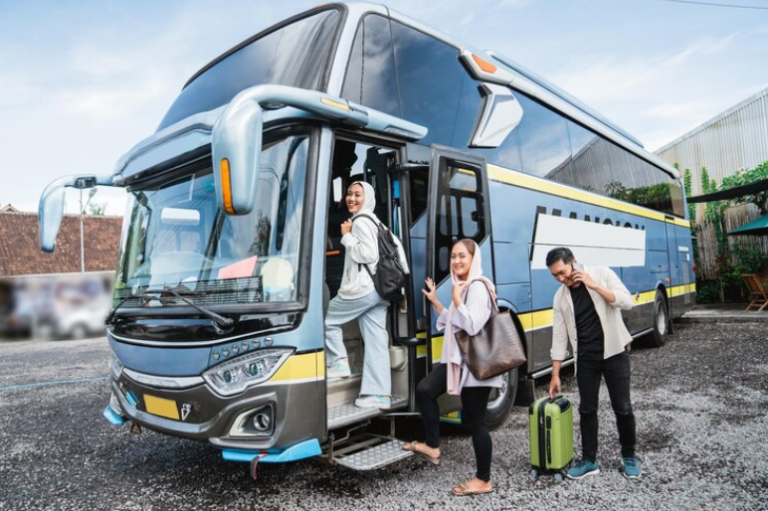In the heart of Africa, where the rhythms of life beat to the pulse of ancient traditions and the call of the wild echoes across vast landscapes, artisans of adventure are weaving experiences that transcend mere tourism. These experiences offer travelers a deeper connection to the continent’s diverse cultures, wildlife, and natural wonders, while empowering local communities to share their heritage and benefit from sustainable tourism practices.
Imagine embarking on a journey through the Maasai Mara in Kenya, guided by Maasai warriors who have called these plains home for generations. As you traverse the savannah on foot, learning to read animal tracks and identify medicinal plants, each step reveals a deeper understanding of the Maasai people’s deep-rooted connection to the land and its wildlife. Shared stories around the campfire at night offer insights into their traditions of storytelling, dance, and craftsmanship—a glimpse into a way of life shaped by resilience and reverence for nature.
In Namibia’s remote Kunene region, the Himba people welcome visitors to their villages nestled among towering sand dunes and rocky outcrops. Led by local guides, travelers immerse themselves in daily life, participating in traditional dances, learning about the art of Himba pottery and jewelry-making, and gaining insights into the spiritual beliefs that guide the Himba’s relationship with their desert homeland. These cultural exchanges foster mutual respect and understanding, enriching the travel experience with meaningful encounters that transcend language and cultural barriers.
Across the continent, artisans of adventure collaborate with local communities to craft wildlife safaris that prioritize conservation and ethical wildlife viewing. In Botswana’s Okavango Delta, mokoro (dugout canoe) safaris guided by indigenous Batswana polers offer a tranquil journey through labyrinthine channels teeming with birdlife and aquatic mammals. Each encounter with elephants wading through crystal-clear waters or leopards stalking prey along riverbanks is a testament to the Delta’s ecological richness and the importance of responsible tourism in preserving fragile habitats.
In East Africa, the Rwandan community of ex-poachers-turned-guides in Volcanoes National Park showcases the transformative power of sustainable tourism. These former hunters, now dedicated protectors of endangered mountain gorillas, lead trekking expeditions into the dense bamboo forests of the Virunga Mountains. As travelers follow their lead in search of gorilla families, they witness firsthand the remarkable conservation efforts that have helped these iconic primates recover from the brink of extinction. The guides’ stories of redemption and their commitment to conservation inspire travelers to support initiatives that safeguard wildlife and empower local communities.
Artisans of adventure in Africa also celebrate the continent’s rich artistic heritage, collaborating with local artisans to promote traditional crafts and support livelihoods. In South Africa’s Zulu Kingdom, for example, cultural tours offer insights into Zulu beadwork, pottery, and basket weaving—skills passed down through generations that reflect the vibrancy of Zulu culture and its resilience in the face of historical challenges. Travelers can engage in hands-on workshops led by master artisans, creating their own crafts while contributing to the preservation of these cultural traditions.
Beyond cultural exchanges, artisans of adventure in Africa prioritize community engagement and sustainable development through initiatives that benefit local economies and promote environmental stewardship. Lodges and safari camps owned and operated by communities, such as those in Tanzania’s Serengeti or Zambia’s South Luangwa National Park, offer travelers luxurious accommodations immersed in authentic cultural experiences. Revenue generated from tourism supports community projects, including education, healthcare, and conservation programs, ensuring that local communities reap the benefits of responsible tourism while safeguarding their natural and cultural heritage for future generations.
In conclusion, artisans of adventure in Africa are crafting experiences that transcend the ordinary, offering travelers immersive journeys into the continent’s rich tapestry of cultures, wildlife, and landscapes. Through meaningful encounters with local communities, ethical wildlife encounters, and support for traditional crafts and sustainable development, these experiences foster a deep appreciation for Africa’s diverse heritage and empower communities to thrive in harmony with their natural surroundings. Whether trekking with Maasai warriors in Kenya, learning from Himba artisans in Namibia, or participating in gorilla conservation in Rwanda, travelers contribute to a legacy of responsible tourism that celebrates Africa’s artistry, resilience, and enduring spirit of adventure.

























+ There are no comments
Add yours